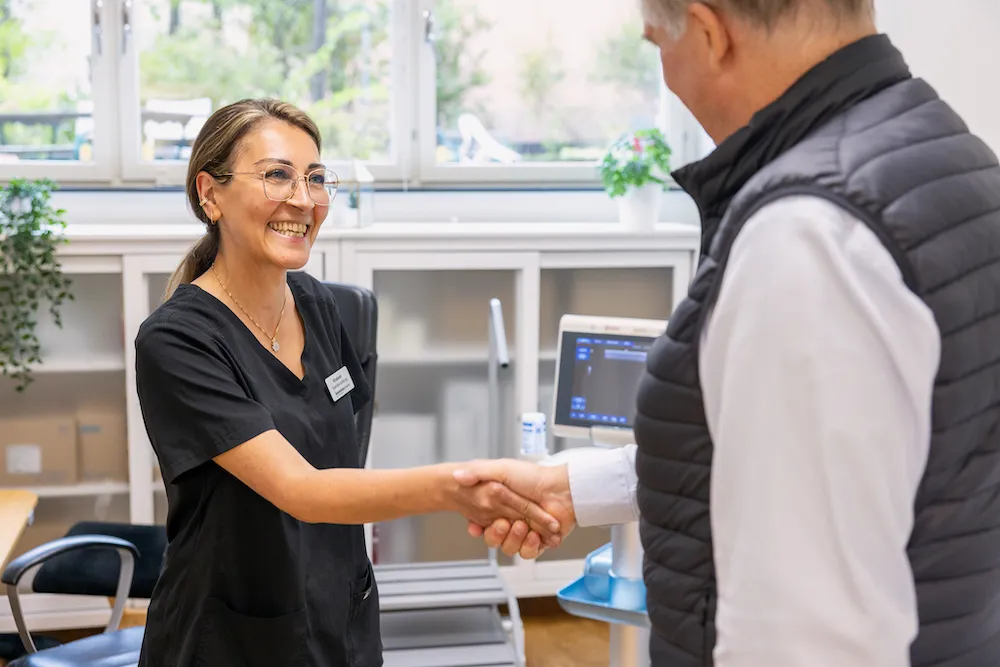



Many people assume varicose veins are just a cosmetic issue. But for thousands across the UK, they cause pain, aching, and more serious complications. So, do varicose veins hurt? Yes – and in some cases, they should be treated to avoid worsening symptoms.
At UK Vein Care, we specialise in modern, minimally invasive treatments for painful varicose veins. Whether you’re experiencing aching legs, pressure, or skin changes, we can help you understand what your symptoms mean – and how to get relief.
Read our article on aching legs to explore how this common symptom can relate to vein disease.
They certainly can be. Varicose veins develop when valves in your veins become weak, causing blood to pool and veins to swell. The resulting pressure can lead to:
If you notice these symptoms getting worse throughout the day, especially when standing or sitting still, it may be time to seek a clinical assessment.
Our guide on varicose veins behind the knee explains how even small vein changes in that area can become painful over time.
Not all varicose veins require treatment, but if your symptoms are interfering with daily life, it’s a sign your veins aren’t functioning properly.
You should seek treatment if you experience:
We explain more in our guide to the stages of varicose veins, including how symptoms evolve from mild discomfort to more severe issues if left untreated.
On their own, varicose veins are not life-threatening – but in some cases, they may lead to:
We cover this in more detail in our article on chronic venous insufficiency, including what to look out for.
If your varicose veins are painful or showing signs of worsening, we offer effective, non-surgical treatments:
Each treatment is tailored to your symptoms, vein anatomy, and preferences. Learn more about how we remove varicose veins.
We are a trusted, specialist clinic focused exclusively on venous health. Our consultants use ultrasound-guided diagnostics to pinpoint the source of your pain and deliver lasting relief – without surgery or long recovery times.
You don’t need a GP referral. Our consultations are direct, fast, and handled with care.
This article is based on research and publications from reputable sources to provide you with the most reliable information. Here are some of the main sources used:
Varicose Veins - StatPearls - NCBI Bookshelf
https://www.ncbi.nlm.nih.gov/books/NBK470194/By using these sources, you can be sure that the article is based on current and scientifically reviewed information.

Become varicose vein free: We offer full treatment at a fixed and transparent price regardless of the treatment method. With us, there are no hidden fees.
Learn more about our prices

